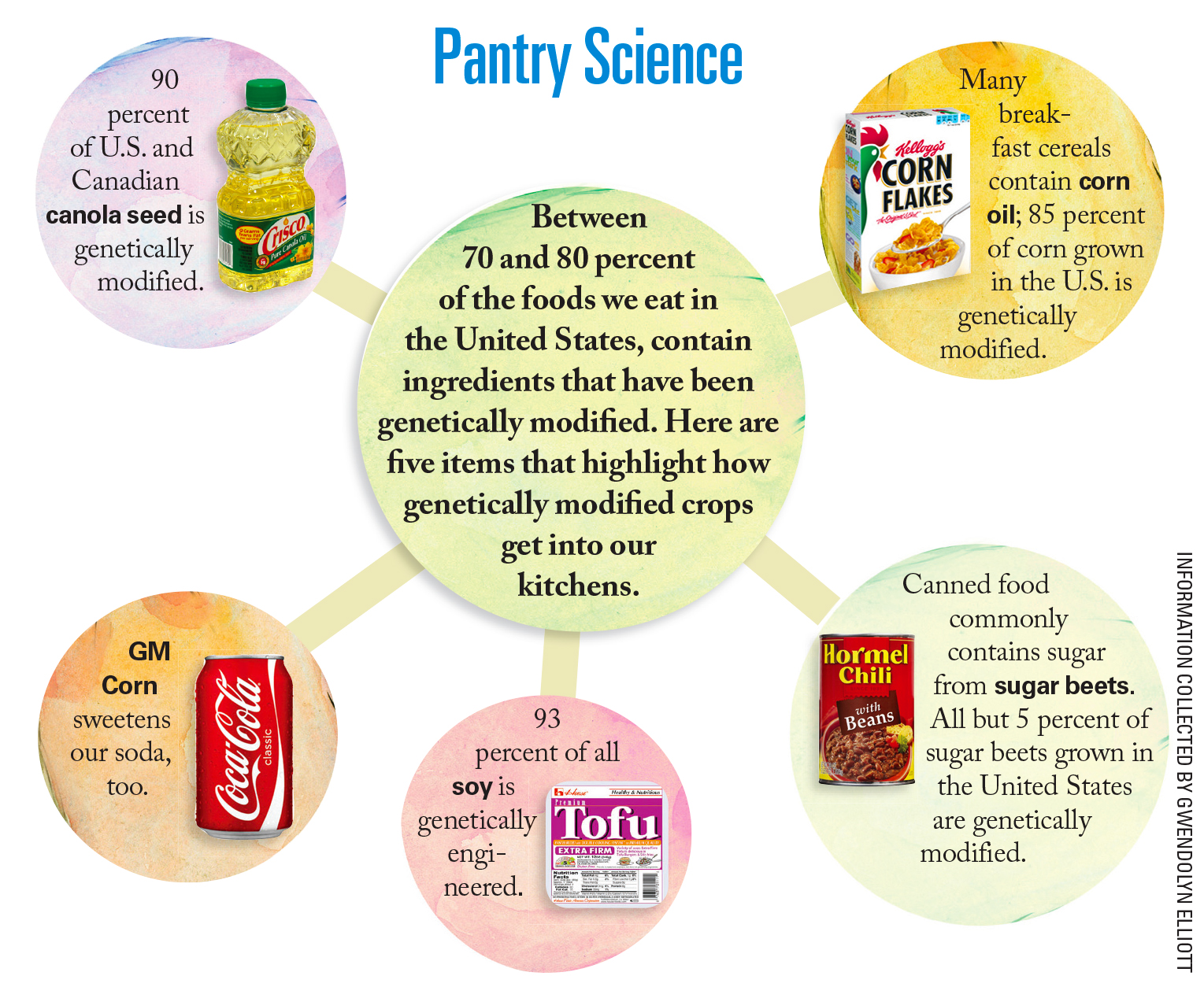Efforts to require labeling of genetically-engineered foods are not over despite voters’ rejection of Initiative 522.
The Yes on 522 campaign conceded late Thursday but one of its leaders vowed they would try again in 2016.
“We are disappointed with the results, but the polling is clear that Washingtonians support labeling and believe they have a right to know,” Trudy Bialic, a co-chair of the Yes on 522 committee said in a statement. “This fight isn’t over. We will be back in 2016 to challenge and defeat the out-of-state corporations standing in the way of our right to know.”
As of this morning, the initiative was losing 51.4 percent to 48.6 percent.
Nearly $30 million got spent by the dueling sides in this campaign. Opponents shelled out $22 million which set a record in Washington for the most money expended to defeat a ballot measure.
In its statement, the Yes on 522 campaign cited opponents’ spending and a lower-than-expected voter turnout as two causes for their setback.
2013 general election turnout is the lowest ever recorded, skewing older and more conservative, and away from younger, more progressive voters driving the GE labeling movement. These “off-year” election results depict how viable a Washington state GMO labeling ballot measure would be in a presidential election cycle with much higher, younger, and more progressive voter turnout. While it is unfortunate I-522 did not pass, it has set the stage for victory in 2016.
As I wrote here, there were other reasons for the setback besides all that money.
Everett Herald Political reporter Jerry Cornfield’s blog, The Petri Dish, is at www.heraldnet.com. Contact him at 360-352-8623 or jcornfield@heraldnet.com.








